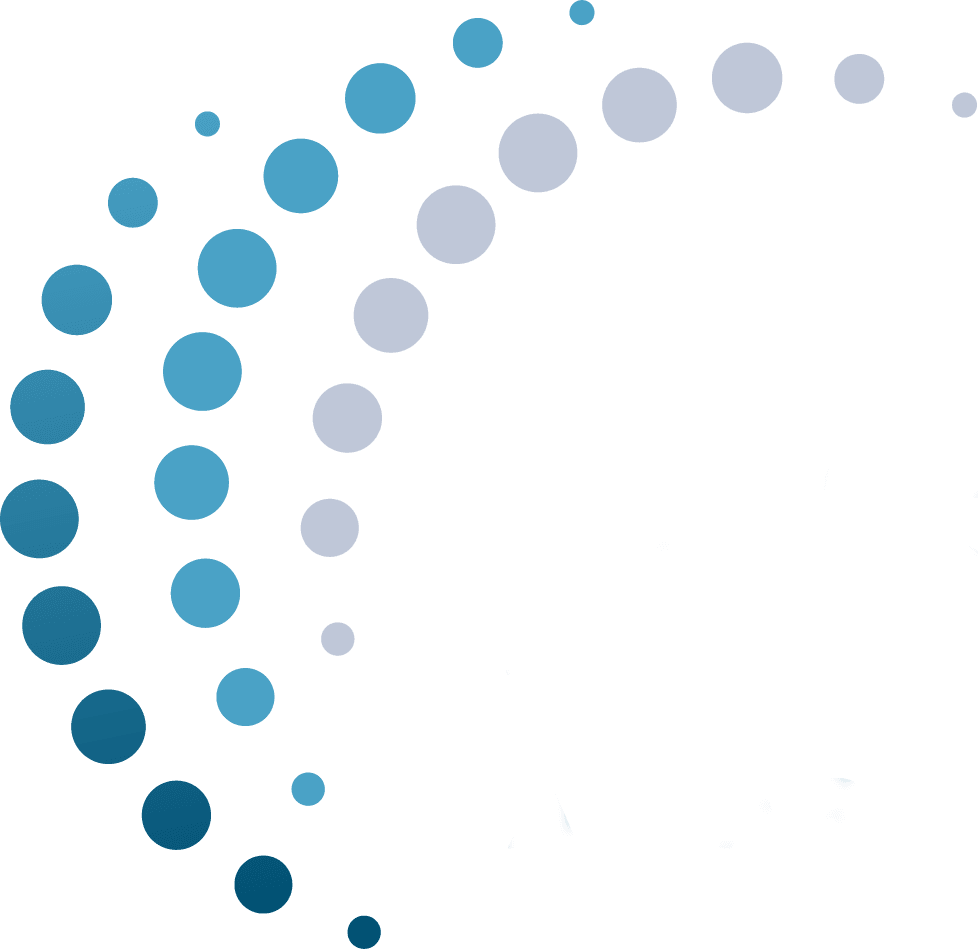
FDA Approves First Gene Therapy for Rare Skin Disorder, Offering New Hope for Wound Healing in Dystrophic Epidermolysis Bullosa (DEB)
Vyjuvek™ (beremagene geperpavec), a topical gene therapy for the relief of a rare genetic skin disorder.

On May 19, 2023, the FDA granted approval to Vyjuvek™ (beremagene geperpavec), the first gene therapy designed to treat wounds in individuals with dystrophic epidermolysis bullosa (DEB), a rare genetic disorder characterized by fragile skin prone to blistering. DEB is caused by mutations in the COL7A1 gene, resulting in a deficiency of collagen 7 (COL7), a crucial protein for skin strength and stability. Symptoms vary in severity, with some patients experiencing widespread blistering, fusion of fingers and toes, vision loss, anemia, and a high risk of aggressive skin cancer.
Vyjuvek is a topical gene therapy that utilizes a harmless modified herpes simplex virus to deliver two healthy copies of the COL7A1 gene directly to the skin cells in wounds. By enabling the production of functional COL7 protein, Vyjuvek strengthens the skin, reduces blistering, and promotes wound healing.
The FDA's approval of Vyjuvek was based on two clinical trials:
- GEM-1 involved nine participants, including both adults and children, with severe DEB. The study demonstrated that Vyjuvek-treated wounds showed significant healing and closure, while wounds treated with a placebo exhibited inconsistent progress.
- GEM-3, involving 31 individuals with mostly severe DEB, showed that Vyjuvek-treated wounds had a considerably higher rate of healing compared to the placebo group at both the three-month and six-month mark.
Vyjuvek demonstrated a good safety profile with no severe treatment-related adverse events reported. While the therapy's long-term effectiveness and durability of wound closure remain to be fully understood, Vyjuvek offers hope for individuals with DEB by not only closing existing wounds, but also preventing future blistering and reopening of the skin.
Vyjuvek is expected to be available in the third quarter of 2023 at an estimated cost of $24,250 per vial, which for the average patient equates to an estimated cost of $631,000 per year, potentially providing a significant improvement in the quality of life for DEB patients. Additionally, two other gene therapies, D-Fi and EB-101, are currently in Phase 3 trials for DEB treatment and may receive approval in 2024.
To learn more about Vyjuvek Gene Therapy and the doors it has opened, click here.